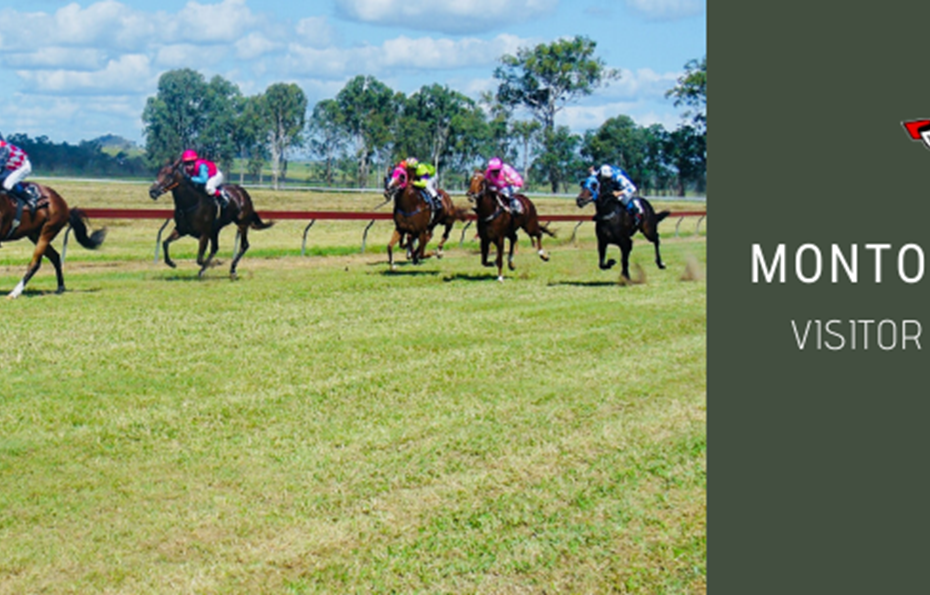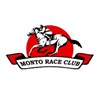
Visitor info
ABOUT MONTO
Monto is a quaint rural Town situated at the top of the North Burnett region in Central Queensland on the Burnett Highway. Monto is 500kms NW of Brisbane and 235kms South of Rockhampton and 130 W of Bundaberg. Monto has plenty to offer with heaps to do and see!
Cania Dam
Cania Gorge National Park (incl Bushwalks)
Bunyip Statue
Historical and Cultural Centre
Kenny Russell Statue
Beautiful Betsy Statue and Plane Wreck
Monal Goldfields
Lister Street Artwalk
Kalpowar State Forestry and Recreational Area
Accommodation
Monto Colonial Motor Inn
6 Thomson Street, Monto
Phone: 07 4166 1377
Email: enquiries@montocolonial.com
Monto Three Moon Motel
Burnett Highway, Monto.
Phone: 07 4166 1777
Email: bookings@threemoonmotel.com.au
Grand Hotel
2 Newton Street, Monto.
Phone: 07 4166 1136
Waratah Hotel
Gladstone/Monto Road, Monto
Phone: 07 4166 5166
Mulgildie Hotel
12-20 Monal Street, Mulgildie.
Phone: 07 4167 2107
Monto Caravan Park
16 Flinders Street, Monto.
Phone: 07 4166 1492
Cania Dam BIG 4 Holiday Park
Phone: 07 4167 8188
Email: info@caniagorge.com.au
Cania Gorge Tourist Retreat
Phone: 07 4167 8110
Email: enquireies@caniagorgeretreat.com.au
Web: www.caniagorgeretreat.com.au
HISTORY OF MONTO
The town formation arose from the closer-settlement of the area in the late 1920s.
After nearly ten years of frustration the Queensland labour government secured the passage of the Upper Burnett and Callide Land Settlement Scheme in 1923. Critical to the scheme was a railway through the Monto district where large pastoral leaseholds would soon expire. The railway line from Maryborough-Munduberra was extended to Monto in 1928, and an inland circuit completed by joining Monto to the Many Peaks-Gladstone line in 1931.
The State Government had designed the Monto township in 1926, adopting a 'garden city' layout with roads radiating from a civic hub toward the railway reserve. In 1929 the Port Curtis Dairying Co opened a factory in Monto, encouraging a growing dairy-farming population, which had moved away from cotton, and included fodder crops and general grazing. Butter production grew eight-fold during the 1930s. The Upper Burnett Agricultural, Pastoral and Industrial Society held its first show at Monto in 1929.
The Monto Shire Council was formed in 1932, and faced the 1930s with an under-developed road system and limited rates from depressed farm incomes. Town improvements had to await the postwar years, but town electricity supply was obtained. Reticulated water came in 1956, a swimming pool in 1967 and a sewerage system in 1968. The town's prewar population was over 1000, rising to a postwar 1500. By 1948 there were Anglican, Catholic, Presbyterian, Baptist and Lutheran churches, the Monto Herald and the Rex cinema. The business directory included mention of six garages / service stations, three hotels, four banks, four general stores / grocers, three drapers and sundry other shops. The town's population and prosperity continued into the 1960s, but as the shire's dairy herds declined (37,000 head in 1965, 7300 head in 1980), so too did the local population.
Monto has retained its local show society, racecourse and hospital. An active history centre proves that history within living memory is worth recording. There are also a cultural centre and the Old Butter Factory complex. As well as local shops and businesses, Monto has two hotels, a State high school (1964), State and Catholic primary schools (1926, 1940), golf, bowls, swimming and other sporting facilities and an airport.
 Monto Race Club homepage
Monto Race Club homepage